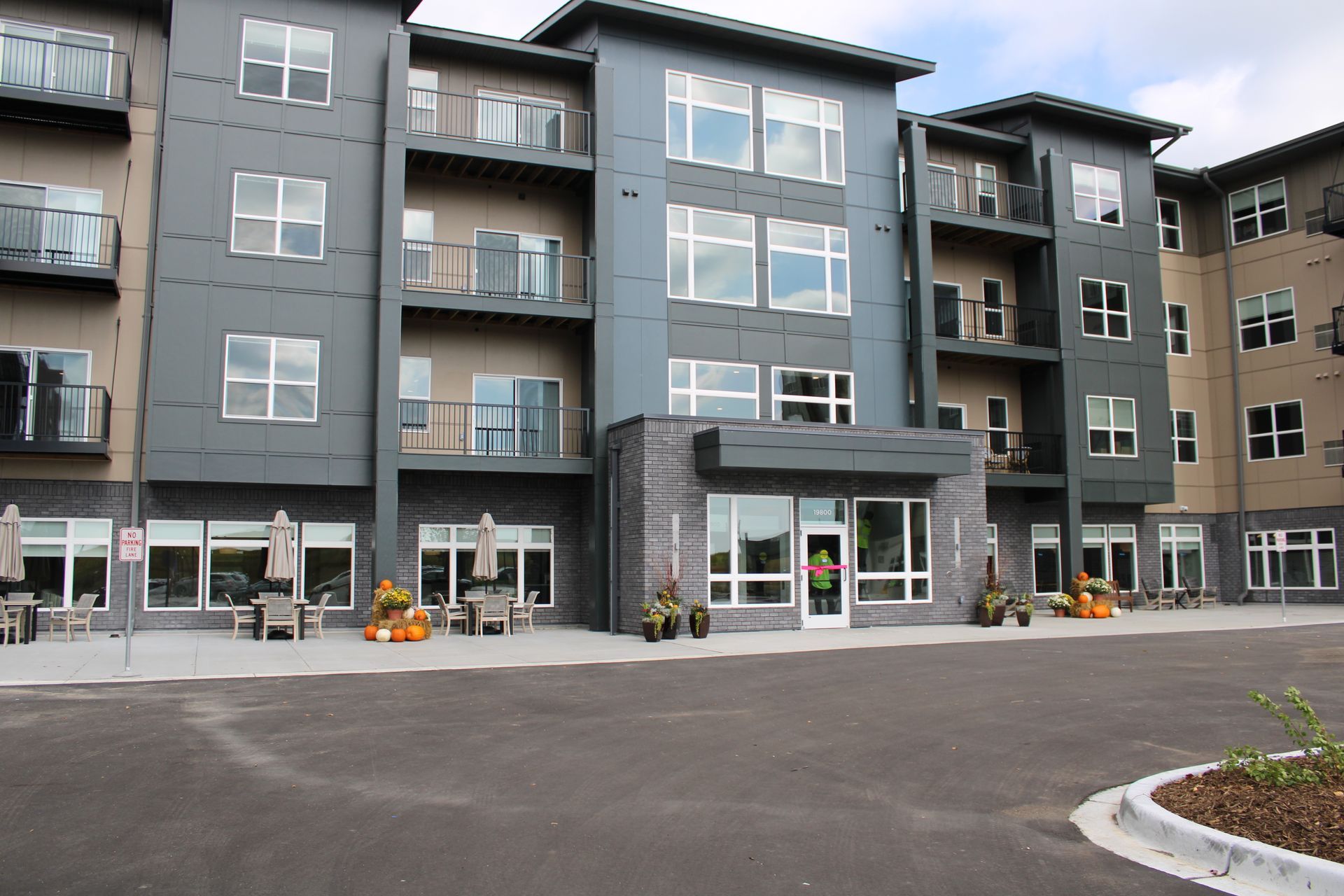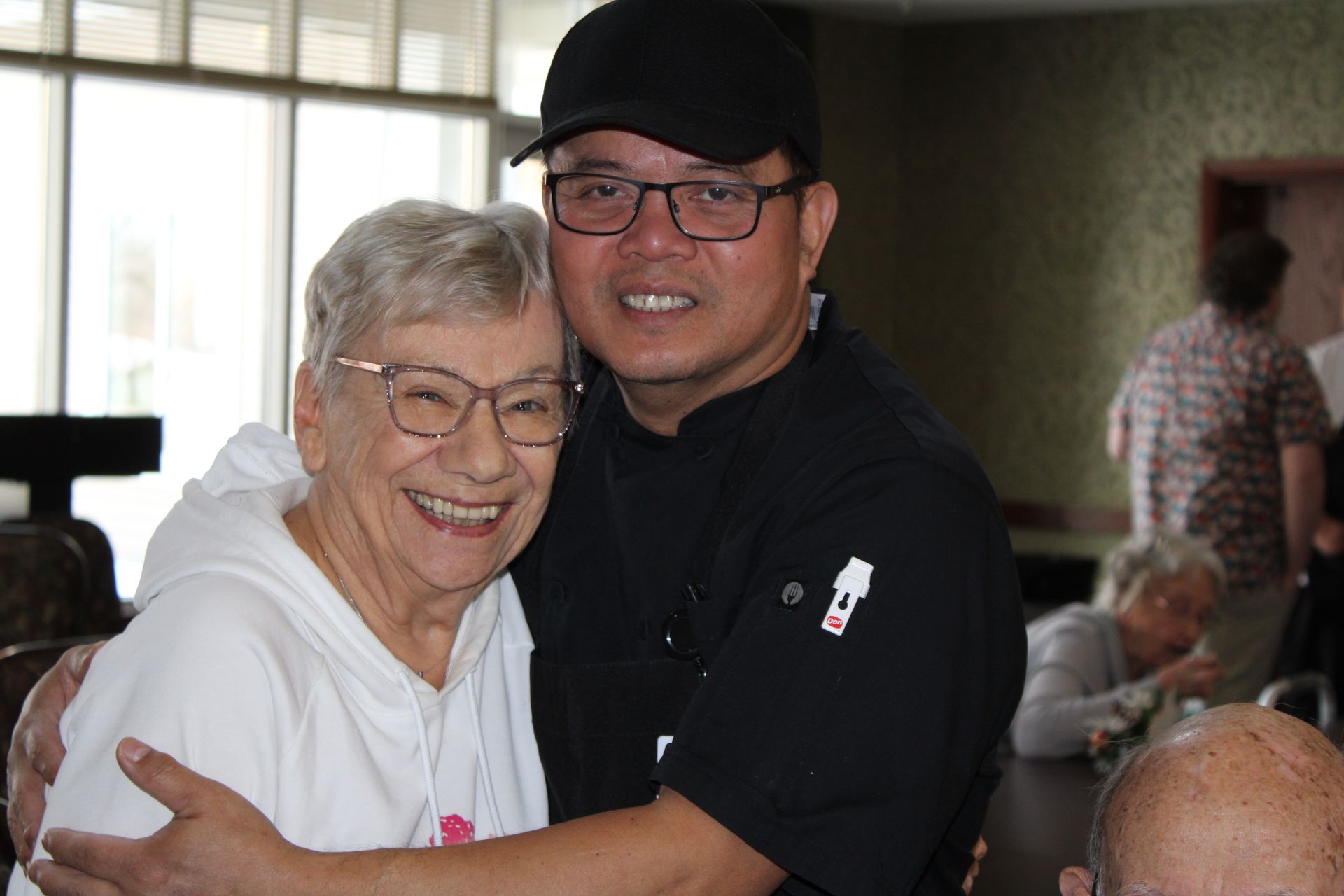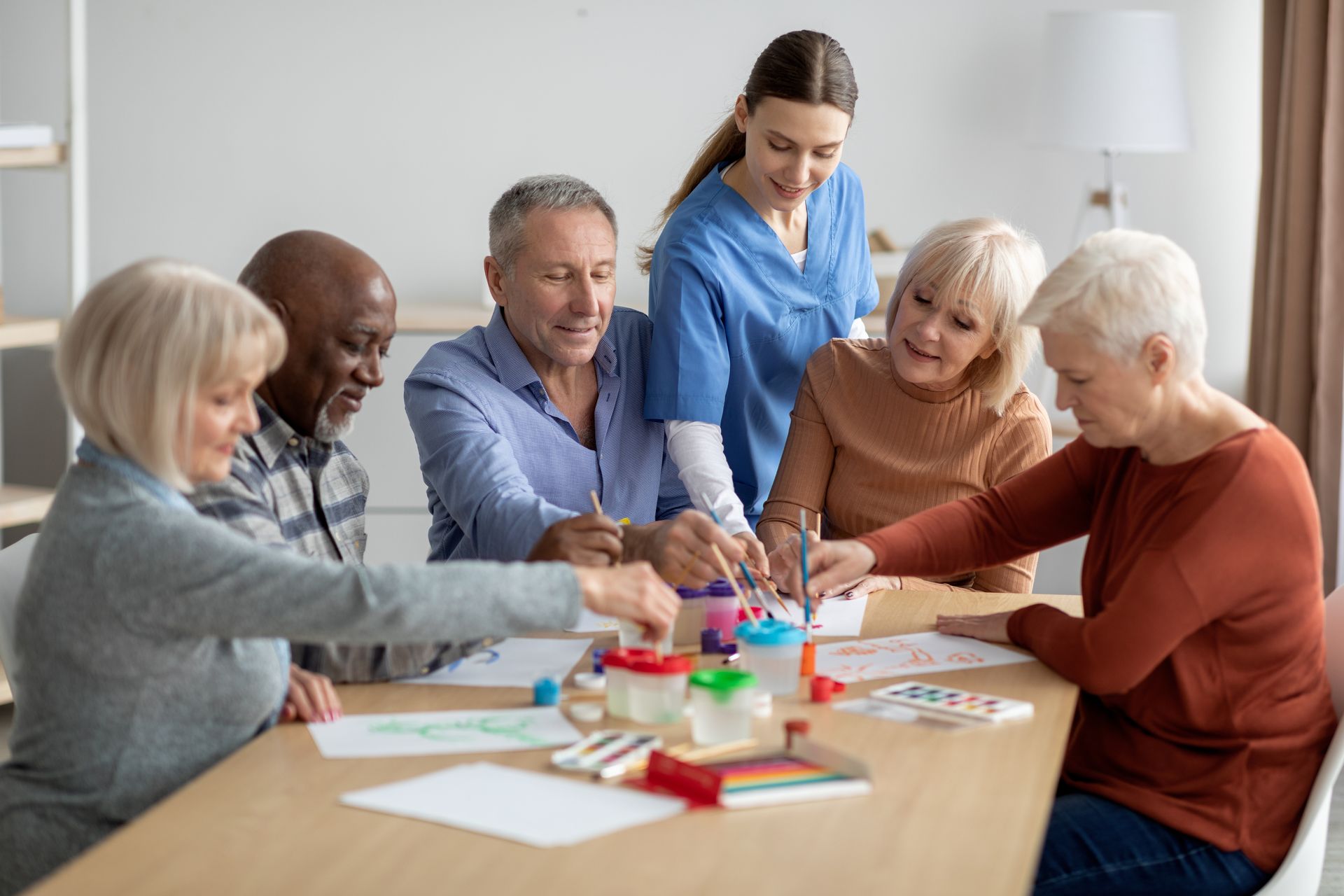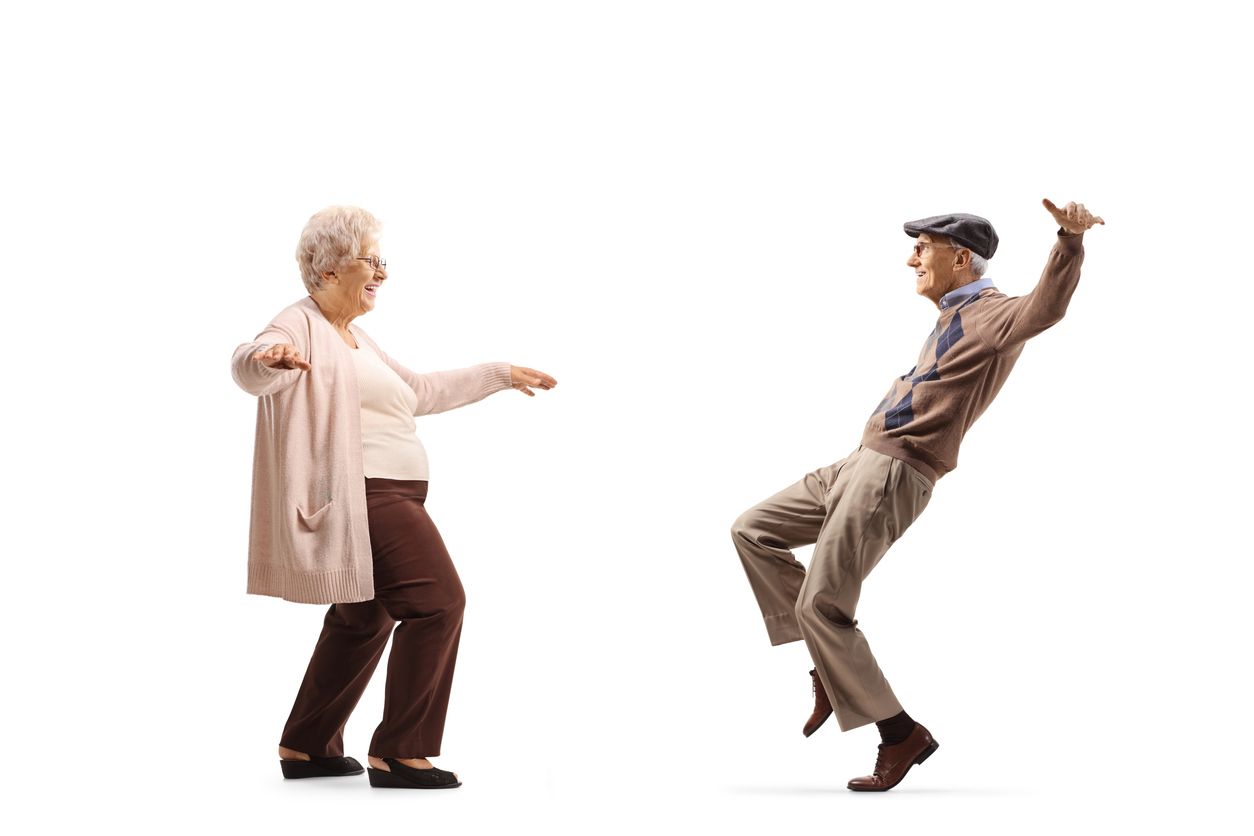
Bone Health – An Overlooked Condition
When it comes to improving your health as you age, we often hear about brain health, heart health, lung health and even eye health. The one area that unfortunately gets overlooked is bone health.
We’re taking some time to explain the importance of bone health, because not only is it Bone and Joint Health Action Week, but today is World Osteoporosis Day.
Here’s the long and short of it – if you don’t take care of your bone health, you might end up with osteoporosis, a condition that causes bones to become weak and brittle, and that can have serious consequences.
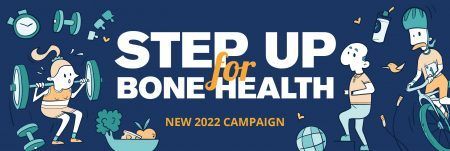
Your bones are continuously changing — new bone is made, and old bone is broken down. When you’re young, your body makes new bone faster than it breaks down old bone, and your bone mass increases (most people reach their peak bone mass around age 30). After 30, you continue to build bone, but you lose slightly more bone mass than you gain.
The numbers don’t lie.
- Worldwide, one in three women and one in five men aged 50 years and over will suffer an osteoporotic fracture. Something as innocuous as a bump, a sneeze or a sudden movement could cause a fracture, let alone a fall. Fractures caused by osteoporosis can be life-threatening and a major cause of pain and long-term disability.
- Osteoporosis-related fractures are most likely to occur in the hip, spine, wrist or upper part of the arm.
- It can lead to pain, height loss and a stooped or hunched posture.
People over 60 are at higher risk of osteoporosis and because it doesn’t have any obvious signs or symptoms, it’s hard to know if you have it until you break a bone. There are indicators but the best thing is to talk to your doctor. You can also check out the Osteoporosis Risk Check developed by the International Osteoporosis Foundation.
Osteoporosis can be treated, talk to your doctor for that, but there are some things in the meantime that you can do to improve bone health. Such as:
- Exercise regularly – Keep your bones and muscles moving. Weight-bearing, muscle-strengthening and balance-training exercises are best. FYI, weight bearing exercises include walking, dancing, low-impact aerobics, elliptical training machines, stair climbing and gardening.
- Ensure your diet is rich in bone-healthy nutrients. Calcium, vitamin D and protein are the most important for bone health. Safe exposure to sunshine can help you get enough vitamin D, but for those in the northern climate, supplements may be a good idea. Some healthy foods can be found on the Bone Health and Osteoporosis Foundation website, but include things like dairy products, yogurt and cheese; fish; fruits and vegetables; red and green peppers, oranges, grapefruits, strawberries, tomato products and so on.
- Avoid negative lifestyle habits. Maintain a healthy body weight, avoid smoking and excessive drinking.
- Get tested and treated if needed. If you’re at high risk you will likely need medication and lifestyle changes to help protect yourself against fractures. As mentioned previously, bring your concerns to your doctor’s attention, especially if you’ve had a previous fracture, have a family history of osteoporosis, or take specific medications that affect bone health.
About
At Saint Therese, our heartfelt purpose since 1968 has been a people first approach to living well by providing senior care and services where every life we touch feels welcomed, respected, and heard. We achieve this by doing ordinary things with extraordinary love every single day. Contact us to learn more.
